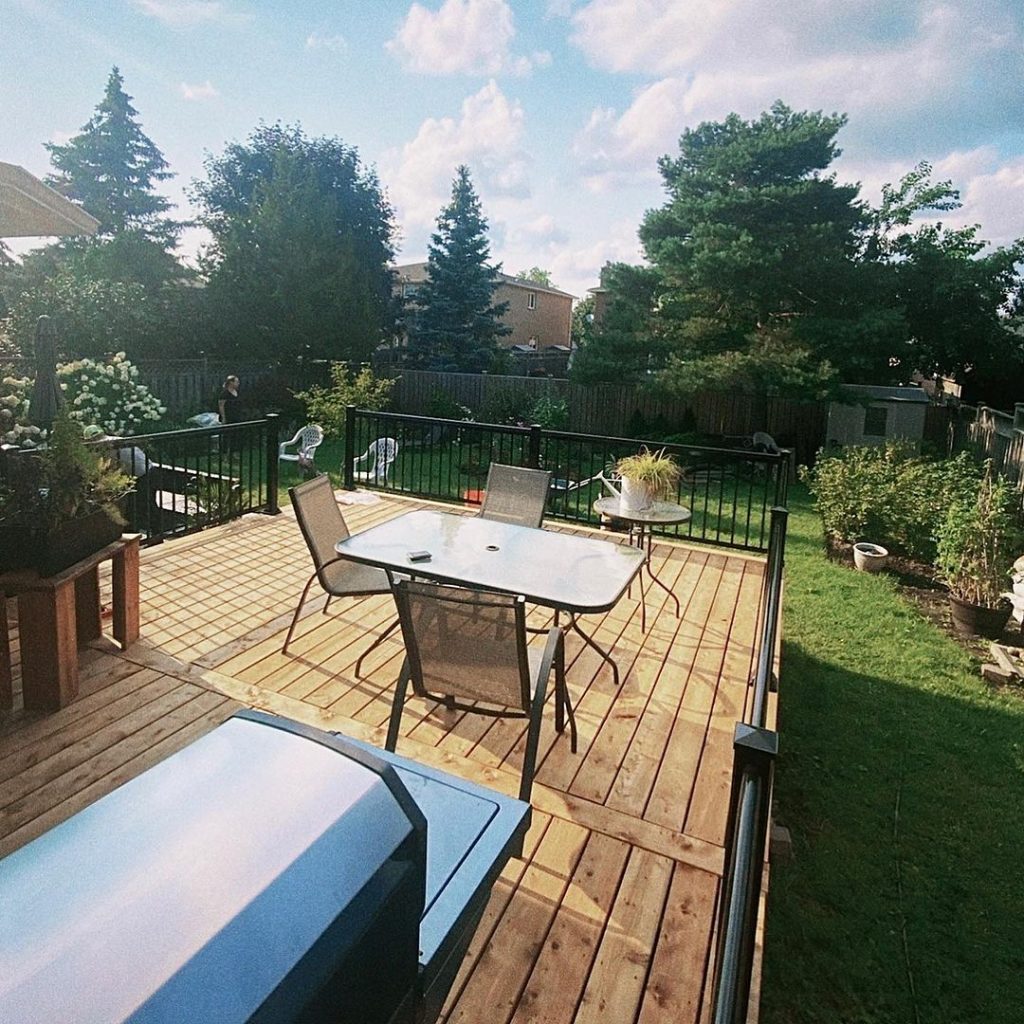Introduction
In the world of interior and exterior design, where aesthetics seamlessly combine with functionality, stainless steel railings stand tall. These railings, known for their durability and sleek appearance, have carved a niche in modern architecture and interior design. This article will delve deep into what makes stainless steel railings a top choice for many homeowners and commercial spaces.
Maintenance is a breeze with these railings. Here’s a quick guide:
• Regular Cleaning: Wipe down with a damp cloth to remove dust and smudges.
• Avoid Abrasives: Use non-abrasive cleaners to ensure the glossy finish remains untarnished.
• Inspect for Scratches: Minor scratches can be buffed out to keep the railing looking new.

Modern design principles lean towards clean lines, open spaces, and functionality. Stainless steel railings fit right into this paradigm. Their sleek appearance enhances the look of staircases, balconies, and terraces. Furthermore, their adaptability means they can fit into various design themes, from industrial to minimalist to ultra-modern.
Stainless steel, by its very nature, is designed to resist corrosion, making it a prime choice for various applications, including railings. The chromium present in stainless steel forms an invisible protective layer, which prevents the metal from rusting. However, under certain conditions, such as exposure to saltwater or harsh chemicals, even stainless steel can show signs of surface rust. Regular cleaning and maintenance can help prevent this and keep the railings looking pristine.


Choosing between aluminum and steel railings depends on the specific needs and preferences:
In conclusion, the best choice between aluminum and steel railings comes down to the project’s requirements, budget, and desired maintenance level.
The longevity of steel railings is influenced by several factors, including the type of steel, environment, maintenance, and overall use. Generally, with proper care, stainless steel railings can last several decades without significant wear or damage. In indoor settings, their lifespan is typically longer, while in coastal or highly industrialized areas, where the air may contain more corrosive elements, the lifespan might be slightly reduced.
While stainless steel railings offer numerous advantages, there are certain downsides to consider:
Broadly speaking, steel railings (outside of the stainless category) have certain limitations:
Stainless steel railings are more than just a design element. They’re a fusion of elegance, safety, and durability. Whether you’re renovating your home, constructing a new office, or simply looking for an upgrade, stainless steel railings promise a blend of aesthetic appeal and unmatched functionality. It’s an investment that not only elevates your space but also stands the test of time.
Unearth a harmony of enduring strength and sophistication with our elite stainless steel railings. Ideal for adding a touch of residential allure and corporate finesse, these aren’t just railings – they’re a testament to contemporary craftsmanship. Opt for GTA Grizzly LTD to infuse your areas with a perfect meld of longevity and flair. ✨
👉 Embrace the next wave of architecture and design with us. Transform your domain today!
When it comes to selecting the best stainless steel for railings, the most popular choice is grade 304 or 316. Grade 304 stainless steel is known for its excellent corrosion resistance, strength, and affordability. On the other hand, grade 316 stainless steel, also referred to as marine-grade stainless steel, offers even better corrosion resistance, especially in coastal areas or environments with high chloride concentrations. Both grades are easy to maintain, ensuring your railing system stays in top condition for years to come.

The cost of stainless steel railings can vary depending on factors such as material grade, design complexity, and installation. While stainless steel railings may be more expensive than other materials like wood or aluminum, they offer a longer lifespan, low maintenance, and a sleek, modern appearance. High-quality stainless steel railings ultimately result in long-term savings, as their durability and low maintenance needs reduce the frequency of replacements and repairs.
The cost of stainless steel rod railing posts can vary depending on the material grade:
Stainless steel railings possess rust resistance as a primary benefit, setting them apart from other railing materials. Both grade 304 and 316 stainless steel railings offer excellent protection against rust, especially when properly maintained. It’s crucial to acknowledge that stainless steel, despite its advantages, isn’t entirely impervious to rust. In harsh environments or if the protective chromium oxide layer is damaged, corrosion can occur. To prevent rust, regular cleaning and maintenance are essential to keep your stainless steel railing in top condition.

Stainless steel railings are known for their durability and long lifespan. When properly maintained, they can last for decades, outlasting other railing materials like wood or aluminum. Factors such as the material grade, environment, and maintenance routine will impact the overall lifespan of your stainless steel railing. To ensure maximum longevity, choose a high-quality stainless steel grade and follow a regular maintenance schedule.
In conclusion, stainless steel railings are an excellent choice for those seeking a durable, rust-resistant, and visually appealing railing system. By selecting the right stainless steel grade, adhering to a proper maintenance routine, and investing in quality materials, you can enjoy the benefits of stainless steel railings for years to come.
GTA Grizzly LTD is a relatively young company with fresh and modern look at the work process! No time to take care about your lawn? Or you don’t like the overall look of your property? Your time is more valuable than ours! GTA Grizzly LTD is here to help you!